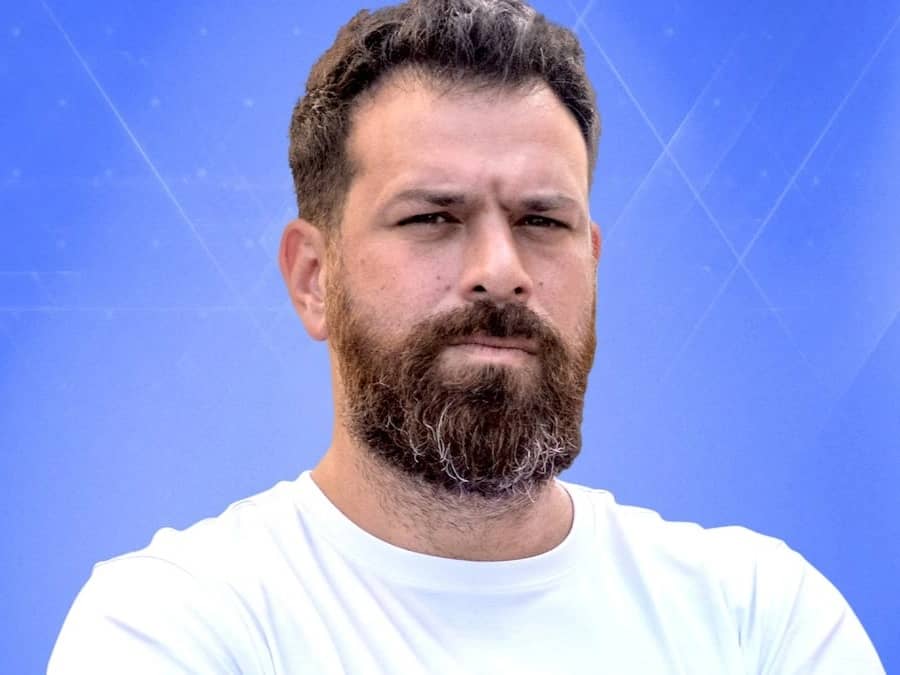Subscribe to wiki
Share wiki
Bookmark
Micky Watkins
The Agent Tokenization Platform (ATP):Build autonomous agents with the Agent Development Kit (ADK)
0%
Micky Watkins
Micky Watkins is the founder and CEO of World Mobile Group, a telecommunications company that utilizes decentralized network infrastructure. His work is focused on expanding global internet connectivity through solutions based on blockchain technology. [1]
Education
Watkins's academic background includes private education with studies in a range of subjects, including International Relations, Law, Media Lab Arts, Mathematics, and Music Therapy. [7]
Career
Watkins began his career in 2009 as a seed investor in Jobookit Technologies, where he provided early funding during the company’s initial development phase. From 2010 to 2016, he served as Director of Business Development at AccessLine Communications, where he was involved in strategic planning, executive outreach, and partnership development. Between 2011 and 2015, he also served as vice president at STS Ltd., focusing on asset management, strategic partnerships, and deal negotiations.
In 2012, Watkins founded multiple ventures, including KOLA Technologies and Massiveholdings. KOLA Technologies operated until 2018, focusing on the development of new communication tools. Massiveholdings was active until 2014 and concentrated on funding early-stage startups. During this same period, from 2012 to 2016, he also founded Yallo, a company in the telecommunications space.
From 2015 to 2017, he was CEO of Enables Concierge, a company based in Spain. In 2016, he briefly partnered with Airdna. In 2018, Watkins founded World Mobile Group, where he currently serves as CEO. The company utilizes blockchain-based infrastructure to construct telecommunications networks, with a focus on decentralized ownership and enhanced global accessibility. [8]
Interviews
Data Abuse
In a June 2025 interview on the Ben Leavitt Show, Watkins addressed the issues of telecom data abuse and the need for greater privacy in digital connectivity. He stated that personal data is frequently sold to third parties without the user's knowledge or consent. Watkins explained that World Mobile's objective is to transform the telecommunications industry by creating a decentralized network that enables individuals to manage and potentially monetize their own connectivity through blockchain technology. The project prioritizes connecting underserved regions, particularly in developing nations, to foster economic growth. Watkins noted the lack of innovation in the telecom sector, which has been dominated by a few large corporations that have maintained high prices while compromising user privacy. He affirmed his belief in the project's potential to expand and connect one billion users by 2030. [3]
Fireside Chat
During a discussion with Joey Ingram at the Rare Evo 2023 conference in September, Watkins detailed the mission of World Mobile to address the global connectivity gap. With a background in telecommunications, Watkins described the challenges within the existing landscape, noting that billions of people, particularly in regions such as Africa, remain without internet access. He outlined World Mobile's model, which involves a decentralized mobile network where individuals can operate infrastructure nodes from their homes, generating income while expanding connectivity. The conversation also covered the company's plans for expansion into the United States, with an emphasis on a community-based approach to offer affordable and private mobile services in underserved markets. The potential for this model to create societal impact by connecting more people while protecting their privacy was a central theme of the discussion. [2]
World Mobile 2025
In a December 2024 live stream with Cardano With Paul, Watkins discussed World Mobile's progress and future plans. He reviewed the company's achievements in 2024, including the deployment of Earth Nodes and the expansion of its network into the United States, all centered on a sharing economy model. Watkins highlighted the role of community engagement through initiatives like Hex Guardians, which allows users to operate nodes and help optimize the network. Looking ahead to 2025, he projected significant user growth and the introduction of new services. The discussion also covered technical developments, the importance of strategic partnerships, and the long-term vision of connecting millions of users while ensuring their data privacy and ownership through decentralized infrastructure. [4]
Presentations
Connecting the Unconnected
At the Rare Evo 2024 conference in August, Watkins presented on World Mobile's mission to provide connectivity to underserved communities globally. He detailed the project's origins in a rural village in Zanzibar, Tanzania, where the team installed solar-powered Wi-Fi towers to establish internet access. This network proved vital during the COVID-19 pandemic, enabling local fishermen to communicate with traders and fostering local economic growth. Watkins explained that World Mobile has since replicated this model in other countries, including Pakistan and the United States, with a notable project in Reno, Nevada, aimed at improving inadequate mobile coverage. He advocated for a sharing economy model that prioritizes user privacy and empowers local communities, presenting it as an alternative to the business models of traditional telecom operators. Watkins concluded by framing connectivity as a fundamental human right and calling for collaboration to address the global digital divide. [5]
Panels
Mass Adoption in Africa
At the Malta Blockchain Summit in 2019, Watkins participated in a panel discussion titled "A Sleeping Giant Driving Mass Adoption in Africa." The panel, which also included Akon, Tiffany Wang, Richard Ells, Jose Maria Macedo, and Rod Alexander, explored the potential of blockchain technology to foster economic development across the continent. The panelists discussed the importance of understanding local contexts when implementing new technologies and shared insights from their own initiatives. Topics included training local talent in blockchain development and creating stablecoins pegged to local currencies to improve financial inclusion. The discussion emphasized the need for transparency and community engagement to address the unique challenges and opportunities in African markets, which often differ from those in more developed nations. The panelists reached a consensus on Africa's significant potential for innovation and urged for greater investment in the continent's emerging technology sector. [6]
See something wrong?
The Agent Tokenization Platform (ATP):Build autonomous agents with the Agent Development Kit (ADK)
